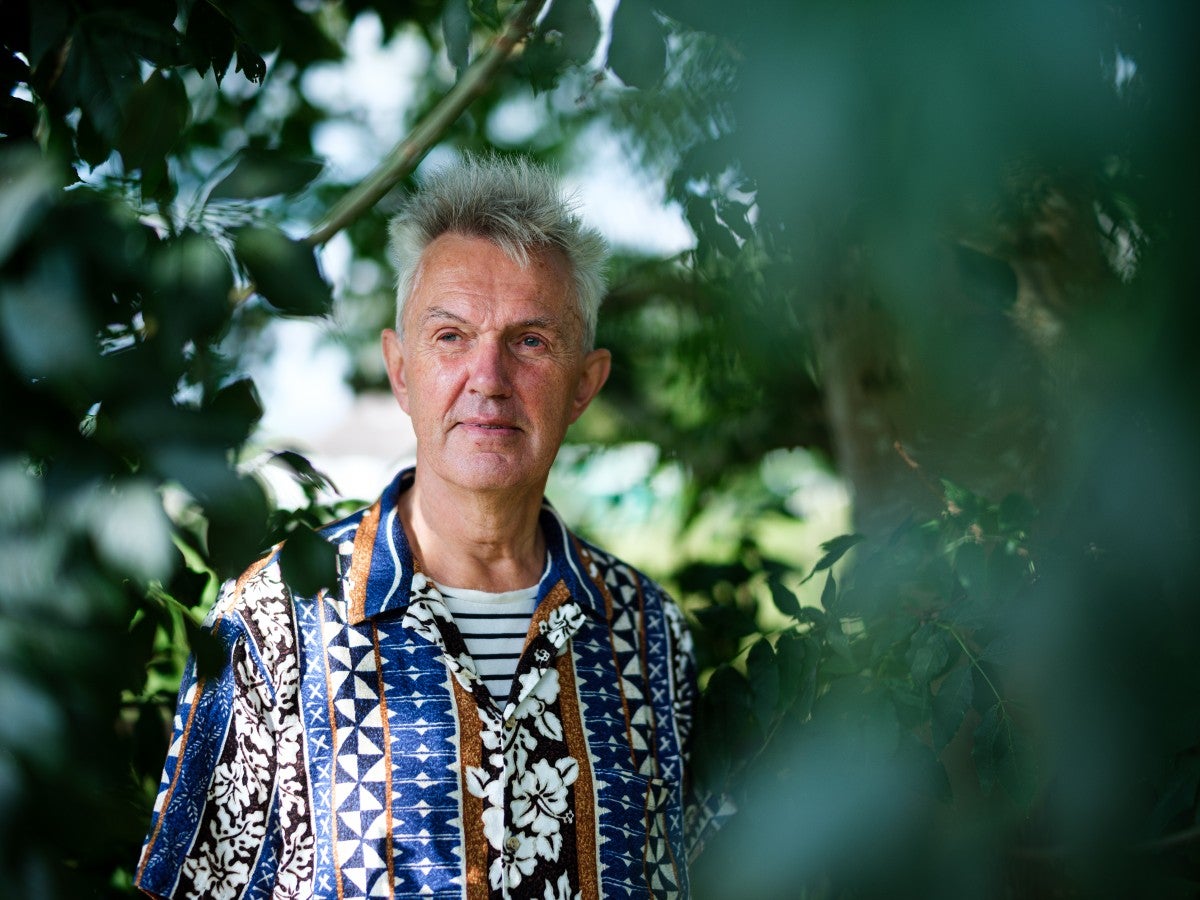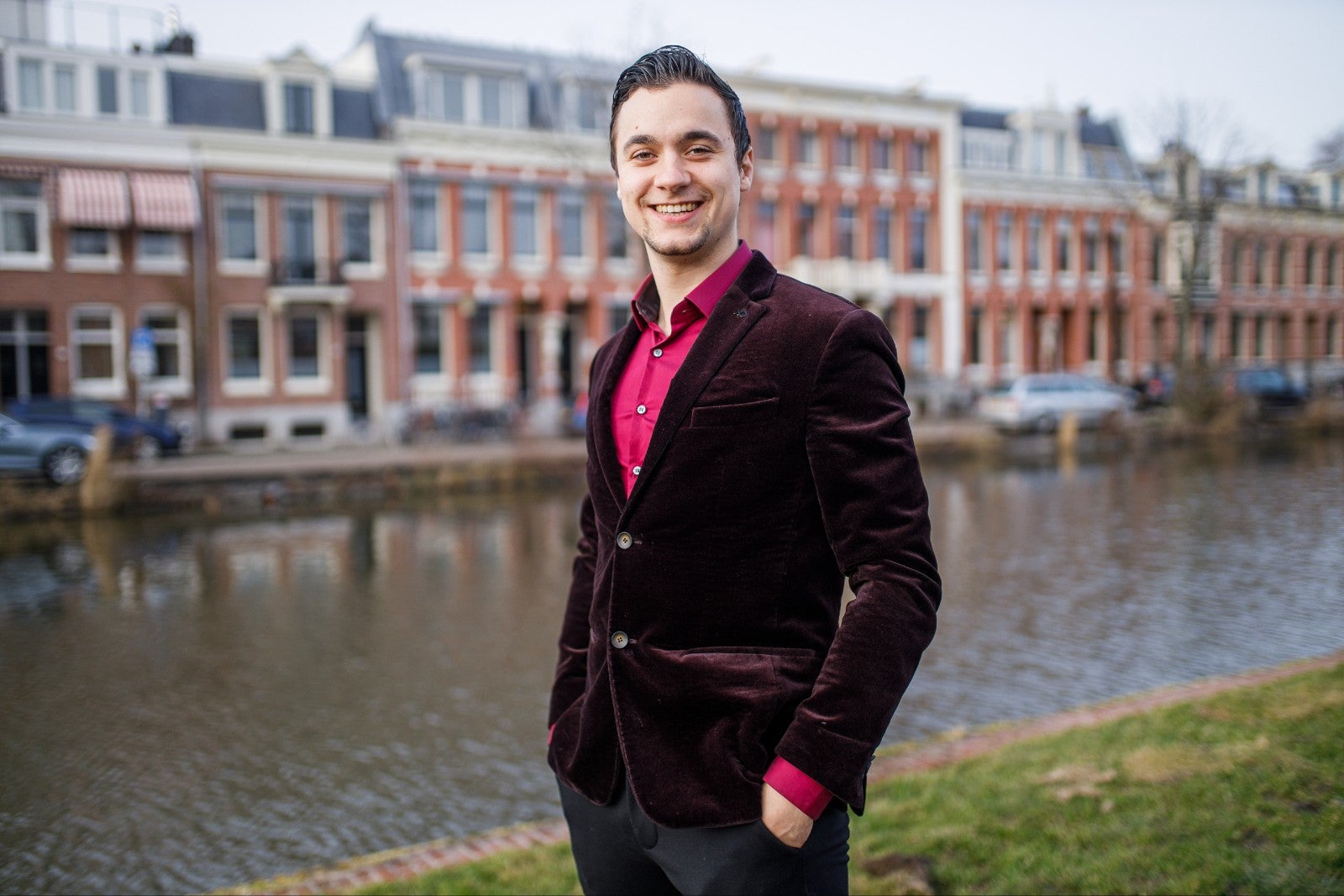VU earth scientist Jorien Vonk researches permafrost: the frozen ground in the Northern Hemisphere. Sometimes it’s as much as a kilometre deep. „If the permafrost thaws further, a huge amount of CO2 could be released.”
You are one of the scientists who recently received a 30 million grant for research into the acceleration of climate change. Why is this research so important?
„Our joint research focuses on feedback mechanisms in the climate. Permafrost is one of them. To many, thawing permafrost might sound like a far-off issue, somewhere in Siberia. But if you calculate the CO2 emissions from fossil fuels from now until 2100, permafrost could cause about a quarter of additional emissions. This natural emission would come on top of human emissions. It’s an incredibly relevant problem."
„Additionally, thawing permafrost already has huge consequences for people living in the Northern Hemisphere: sinking houses, oil pipelines that can no longer be used, or a fishing family that has lived in the same place for generations and now has to move because of an expanding river."
What exactly is permafrost?
„Contrary to what many people think, it’s not ice but frozen ground. It can be a few metres deep, but sometimes up to a kilometre. Permafrost is found in land around the North Pole, such as in Siberia and Canada. About 25 percent of the Northern Hemisphere is made up of it. Permafrost is essentially a centuries-long accumulation of dead plants, animals, and other organic material, which has turned into carbon. When the permafrost melts, the carbon is released and directly converted into CO2."
You have been researching permafrost for almost ten years. Do you feel the importance of your research is finally being recognised?
„The role of permafrost in the global balance of the Earth system is increasingly recognised and also increasingly quantifiable. This allows us to project more concretely what will change for the climate after 2025. There are still many uncertainties, but these can be specifically addressed with more research, such as through the recently awarded consortium."
„The thawing of permafrost has begun and I think it can’t be stopped, but we can still control the extent to which the frozen ground thaws."
How do you stay motivated amid discouraging climate news?
„I try not to get too discouraged by news about the climate problem and especially the lack of national and international action on emission reductions, because otherwise, my energy and productivity suffer. I do try to speak out clearly in the climate debate. It’s not that I’ve given up. The thawing of permafrost has begun and I think it can’t be stopped, but we can still control the extent to which the frozen ground thaws. We must reduce greenhouse gas emissions as quickly as possible. It’s just happening very slowly. So I feel more frustration than discouragement."
What methods do you use to research the permafrost?
„In the summer, when the top layer of permafrost has thawed, we take samples that we further examine in the Netherlands. My research group also conducts measurements in rivers and coastal seas to see how they are affected by thawing permafrost. Using chemical methods, we can, for example, distinguish whether the carbon comes from thawing permafrost or melting glaciers. Just like a doctor measures your blood, I can say something about the health of an area."
You do fieldwork in Siberia, which is in Russia. How has that changed since the war with Russia?
„At the beginning of the war, we still had contact with Russian scientists. We could still use the data they collected. That’s becoming less and less. It’s not clear whether younger scientists have been deployed or whether communication is being intercepted or blocked. It’s also questionable to what extent Russia wants data to be released and to what extent scientists are free to conduct research."
„Nationally, it has been decided to freeze cooperation with Russia, but I believe academic collaboration should be independent. Not that I would send my PhD students to Siberia now, but it’s more than half of the Arctic region. When it comes to climate, permafrost, and carbon, it’s the most important piece of earth. I will continue to advocate for it."








